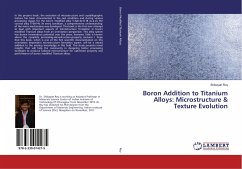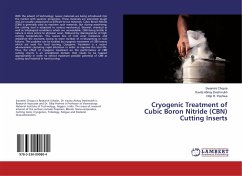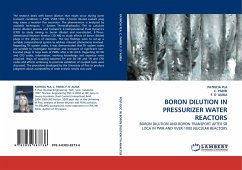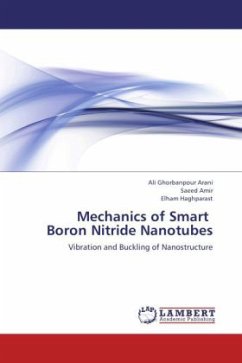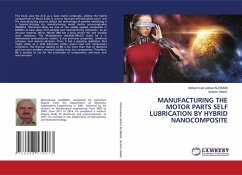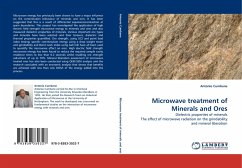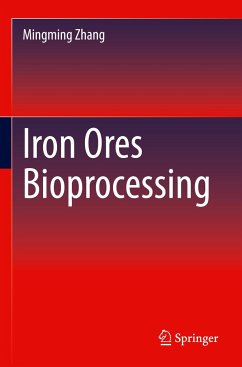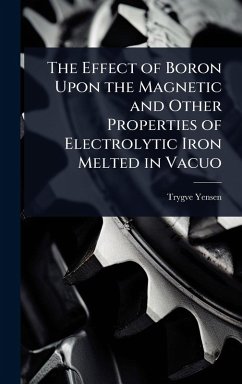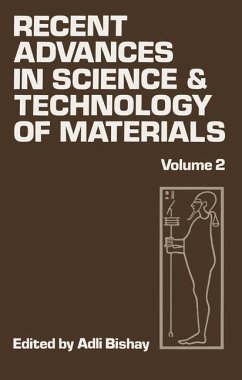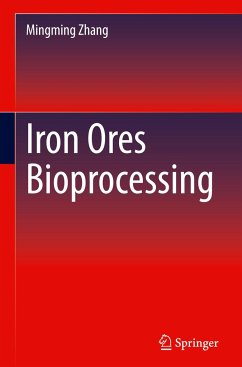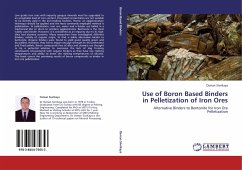
Use of Boron Based Binders in Pelletization of Iron Ores
Alternative Binders to Bentonite for Iron Ore Pelletization
Versandkostenfrei!
Versandfertig in 6-10 Tagen
52,99 €
inkl. MwSt.

PAYBACK Punkte
26 °P sammeln!
Low grade iron ores with impurity gangue minerals must be upgraded to an acceptable level of iron content. Fine-sized concentrates are not suitable to be directly used in the iron-making facilities. Hence, an agglomeration technique should be applied and the most commonly employed method is pelletization. In pelletization, iron ore, water and a binder are balled in a mechanical disc or drum to produce agglomerates. Bentonite is the most widely used binder. However, it is considered as an impurity due to its high silica and alumina contents. Many researchers have investigated different binders,...
Low grade iron ores with impurity gangue minerals must be upgraded to an acceptable level of iron content. Fine-sized concentrates are not suitable to be directly used in the iron-making facilities. Hence, an agglomeration technique should be applied and the most commonly employed method is pelletization. In pelletization, iron ore, water and a binder are balled in a mechanical disc or drum to produce agglomerates. Bentonite is the most widely used binder. However, it is considered as an impurity due to its high silica and alumina contents. Many researchers have investigated different binders, mostly of organic origin, to find a viable alternative binder to bentonite. Organic binders were found to yield good quality green and dry pellets. However, they fail to impart enough strength to the preheated and fired pellets. Boron compounds free of silica and alumina are thought to be a potential solution to overcome the lack of slag forming constituents encountered with organic bindersas they have low melting temperatures and ability to lower the melting temperatures of silicates. This book covers the promising results of boron compounds as binder in iron ore pelletization.



